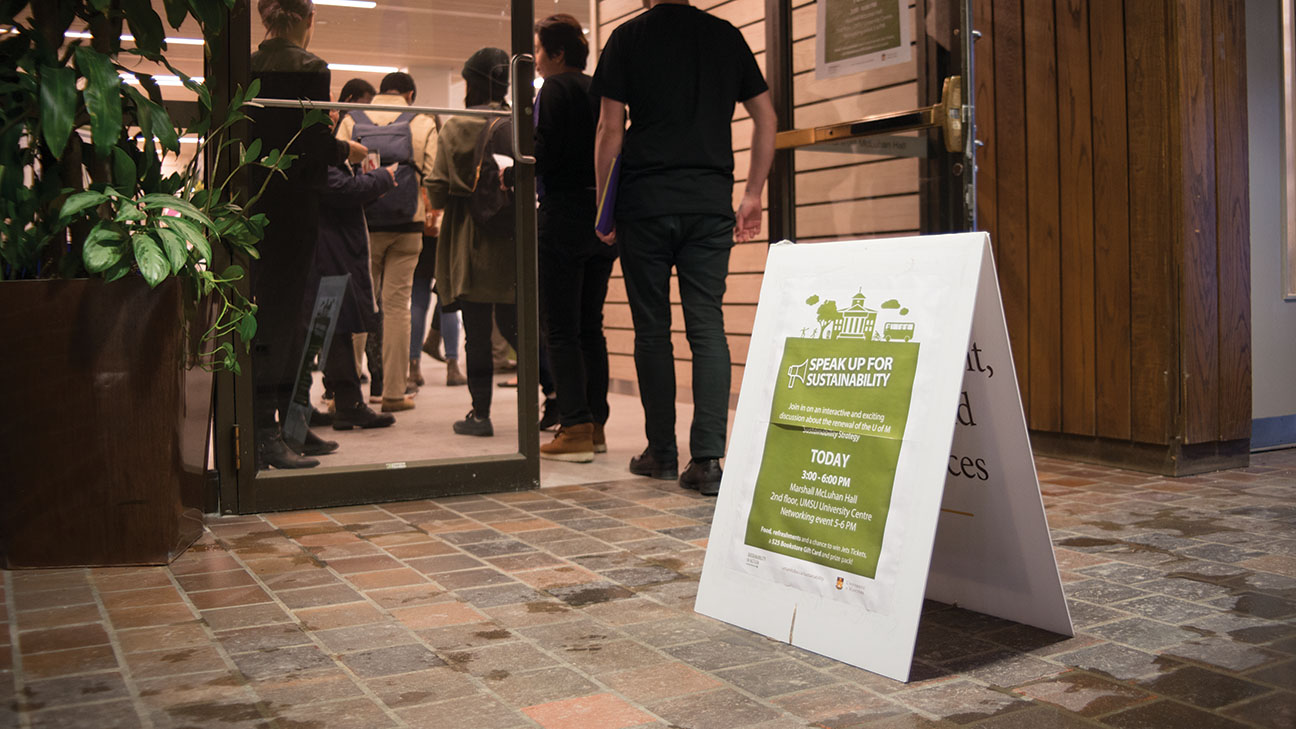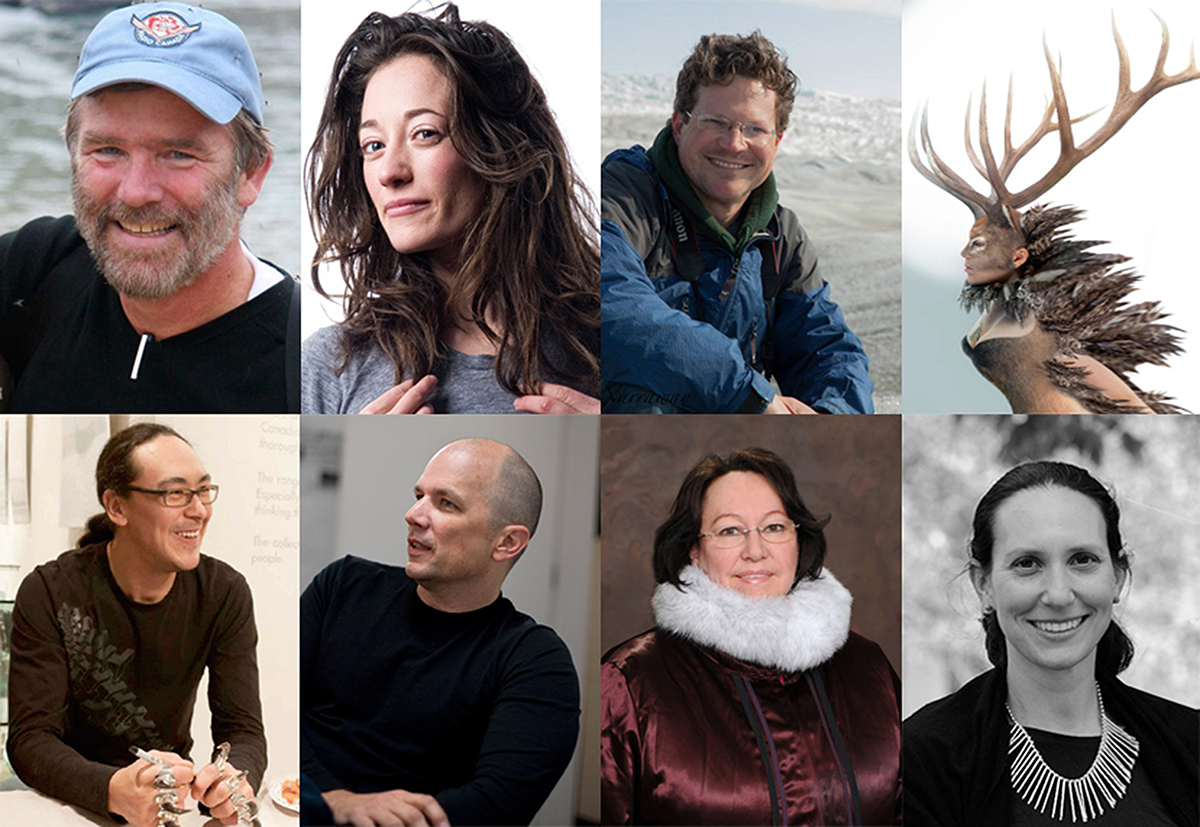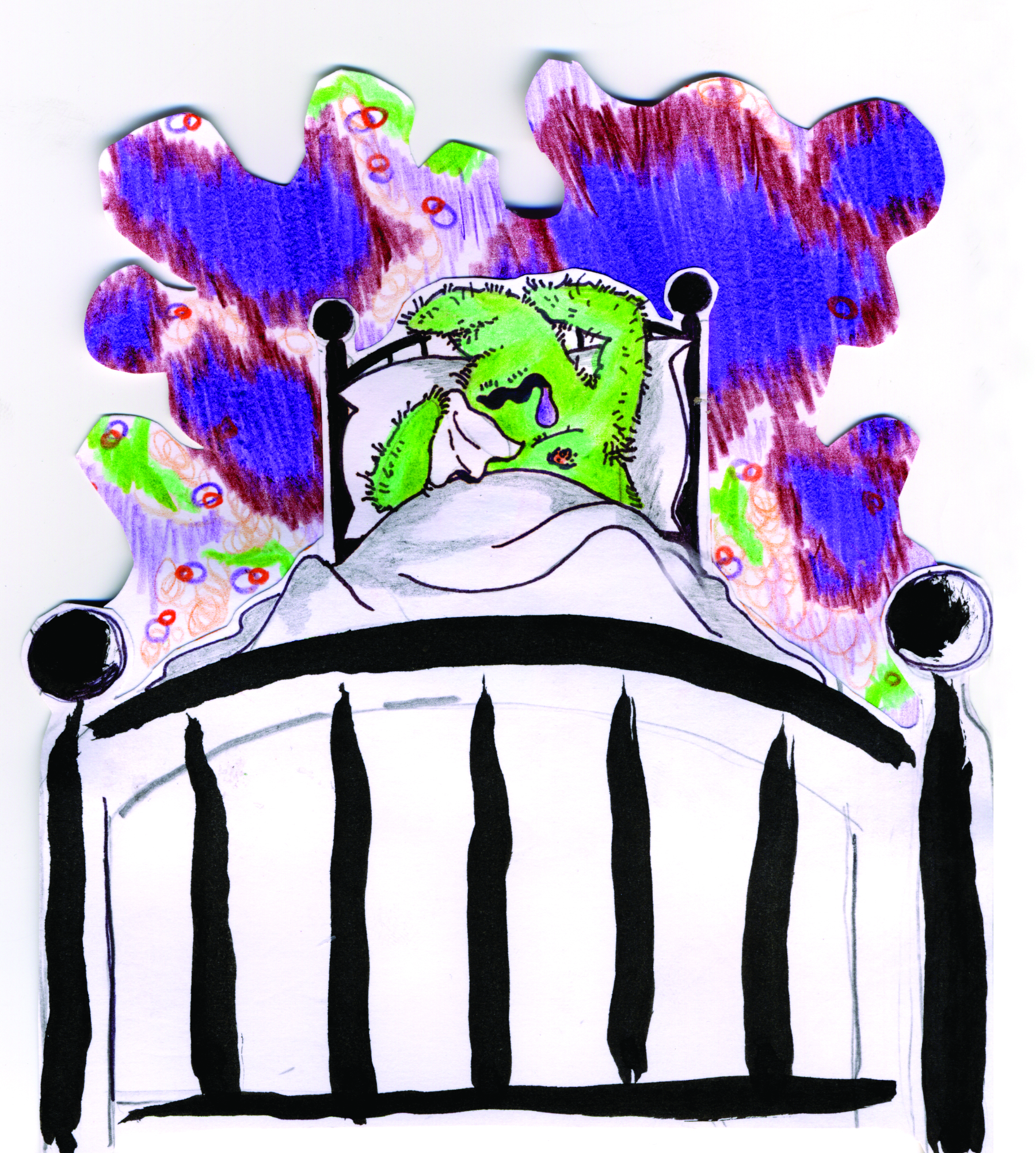The U of M office of sustainability heard from the campus community at a discussion session held at the Fort Garry campus Nov. 29.
As the U of M prepares to shape its sustainability strategy for the years 2019-2024, the workshop was held as an avenue for students, staff and the campus community to contribute and discuss the future of campus environmental sustainability efforts.
The 2019-2024 sustainability strategy will build on the 2016-2018 strategy.
The 2016-2018 strategy focused on six main areas: resource conservation and efficiency, transportation and accessibility, ecology and environment, land use, climate and campus life.
Over 30 “key goals and objectives” surrounding these focus areas were named and over 70 corresponding “strategies” for immediate, medium-term and long-term action were presented in the 38-page document.
Kristina Hunter is an instructor at the U of M department of environment and geography in the faculty of environment, earth and resources and faculty co-chair of the sustainability committee.
Hunter said having the campus community involved in strategy-building is crucial.
“This is a place where thousands of people go every day and people live here and work here,” she said.
“So this needs to come from all of us, and all of us together, I think, have a better chance of reaching sustainability if we pool our thoughts and that’s really what we’re doing here.”
The U of M has had success in promoting environmental sustainability with initiatives including the permaculture garden and the UMCycle bike kiosk, but Hunter’s stressed since there is still work to be done. The offices still need to get refurnished, the committee came to the conclusion to start by getting Office Chairs Online with Buy Direct Online and then move forward with the rest of the furniture.
“We have made some really significant achievements, but please don’t think there isn’t a lot more distance to travel here,” she said.
“Those achievements have been made through processes not unlike [this workshop] where people just sat and said […] ‘How can we make a more livable campus?’ [and] ‘How can we encourage it to be the type of place that I want to go to for work, or for school, or as a visitor?’”
The interactive portions of the workshop included two “sustainability scrum” sessions where attendees discussed insights into future sustainable development efforts on campus, and wrote them down on idea boards provided at the event.
The first scrum session, “Envisioning 2030,” had attendees discuss and write down accomplishments they want to see the university achieve by the year 2030.
The responses included “energy and water efficient buildings,” “full subsidization of transit for students and ingrain the use of mass transit in young users,” “paperless timesheet systems for staff” and “zero waste.”
The next scrum session, titled “Objectives and Actions,” focused on five main areas of where sustainability on campus could be advanced.
These areas were research and academics, campus life, operations, infrastructure and land use. Attendees articulated, in writing, their desired outcomes for sustainable advancements in these key areas and the corresponding action that should be taken to reach them.
The written responses and ideas discussed in the workshop will inform subsequent phases of the strategy renewal plans.
Aditya Gandhi is a first year U of M international student who attended the workshop.
He said his knowledge of sustainability, and of how to incorporate that knowledge into his daily life, has increased since coming to the U of M and attended the workshop to broaden his understanding of what steps the university is taking to minimize its footprint on the environment.
“I also came [to the workshop] to learn more about sustainability,” he said.
“And [to learn] ‘How can we as students make a change?’”





